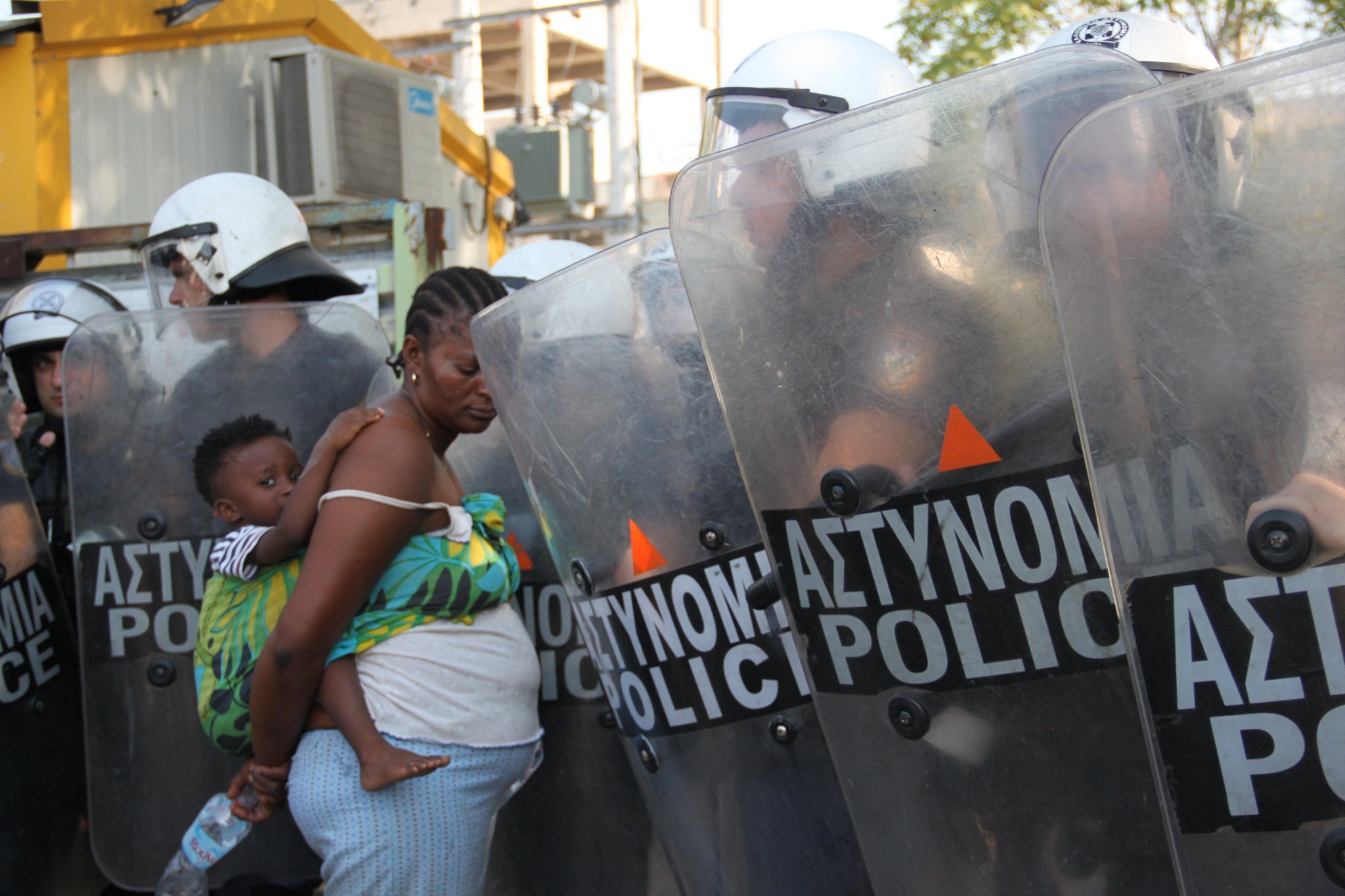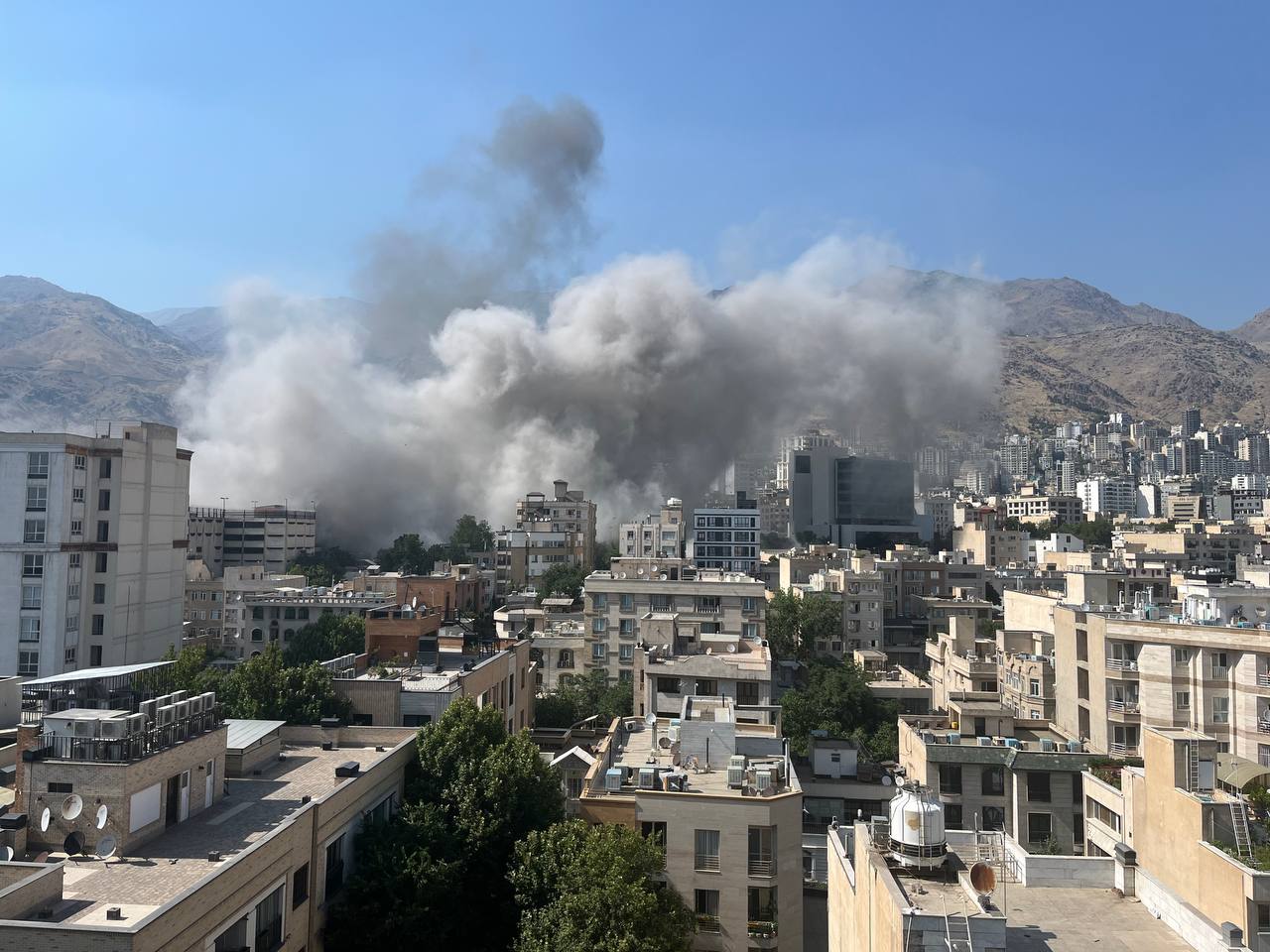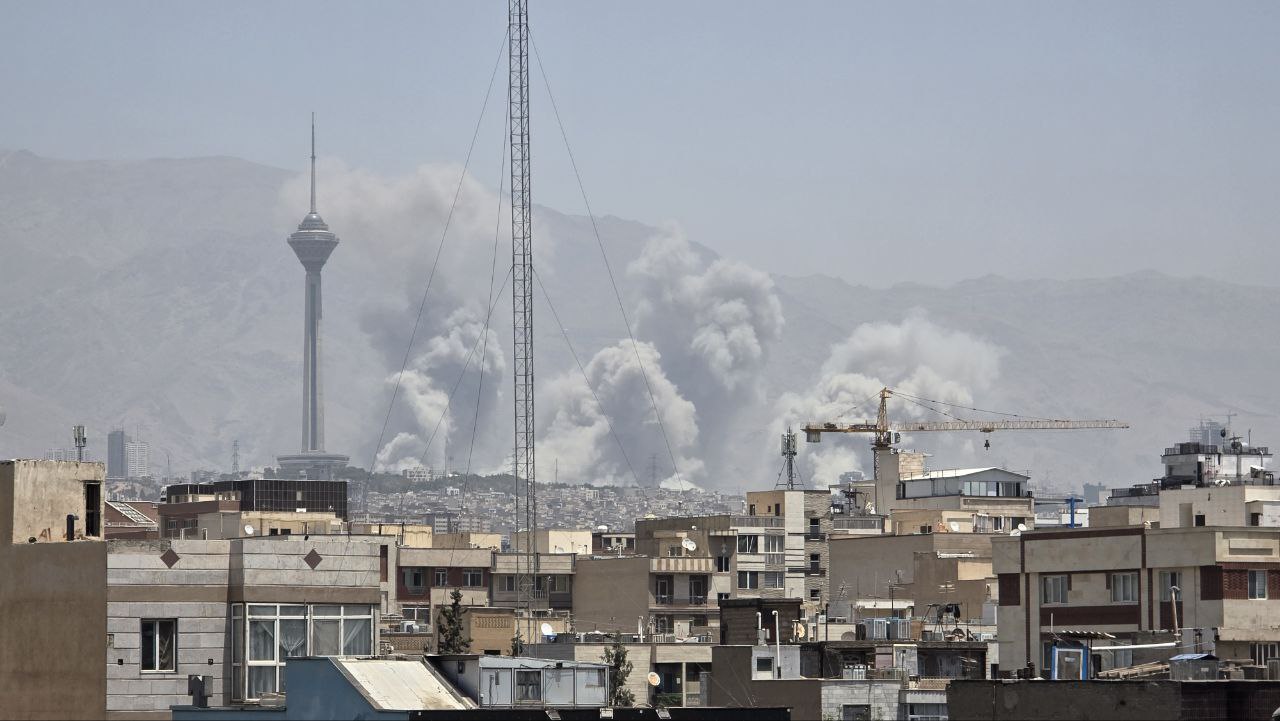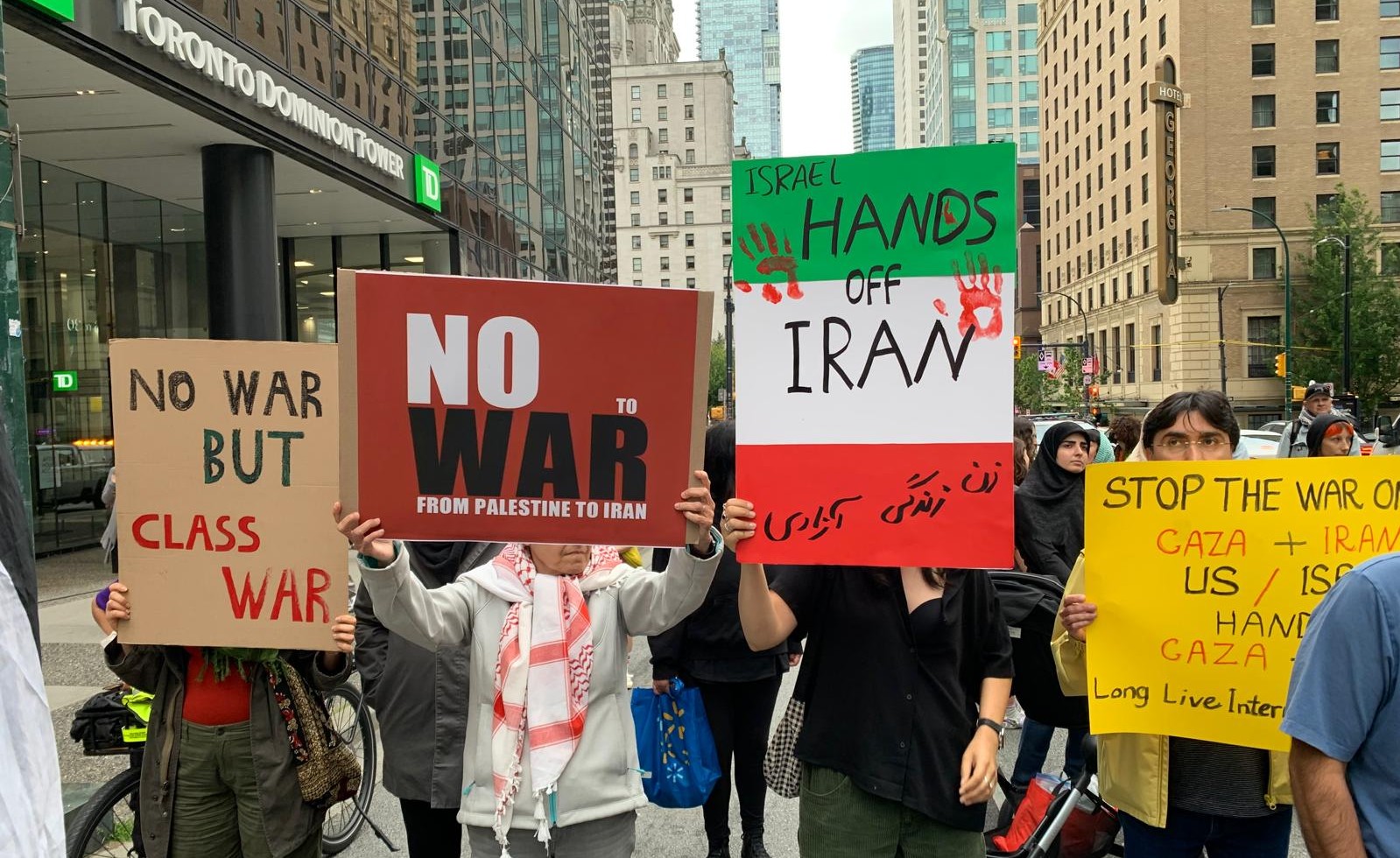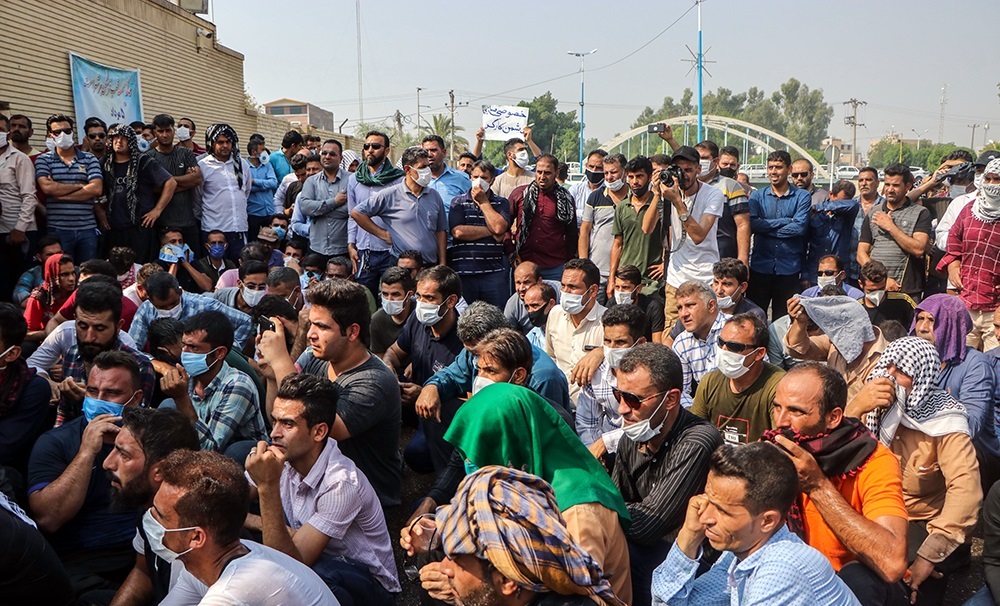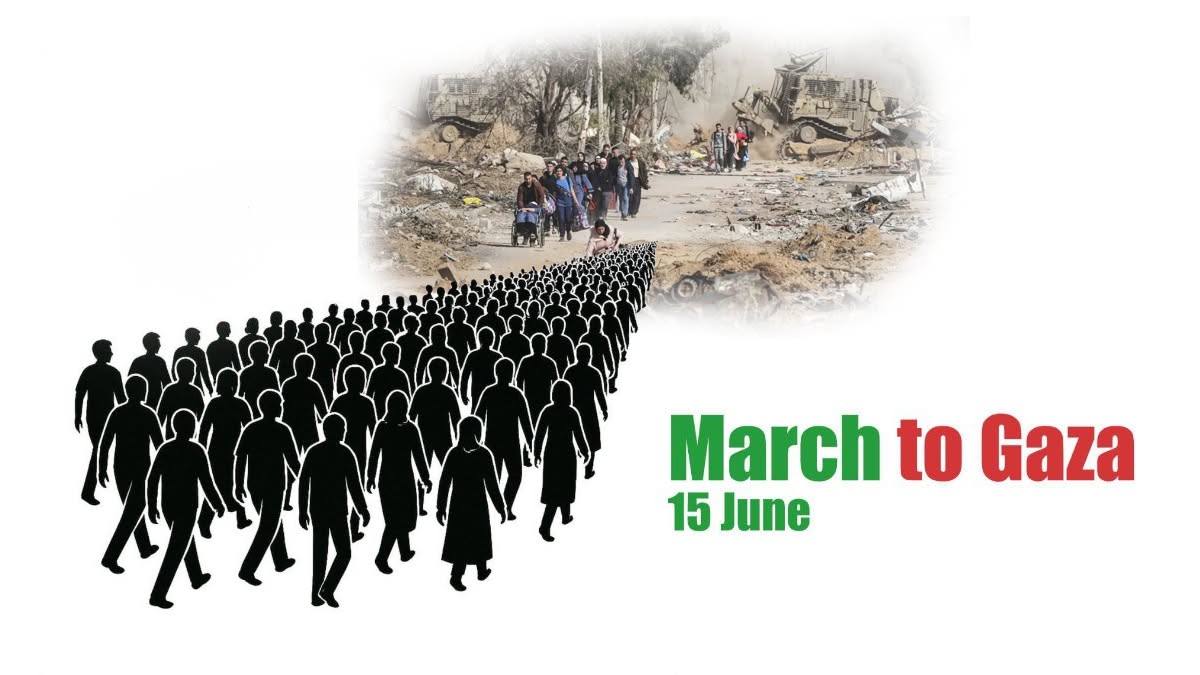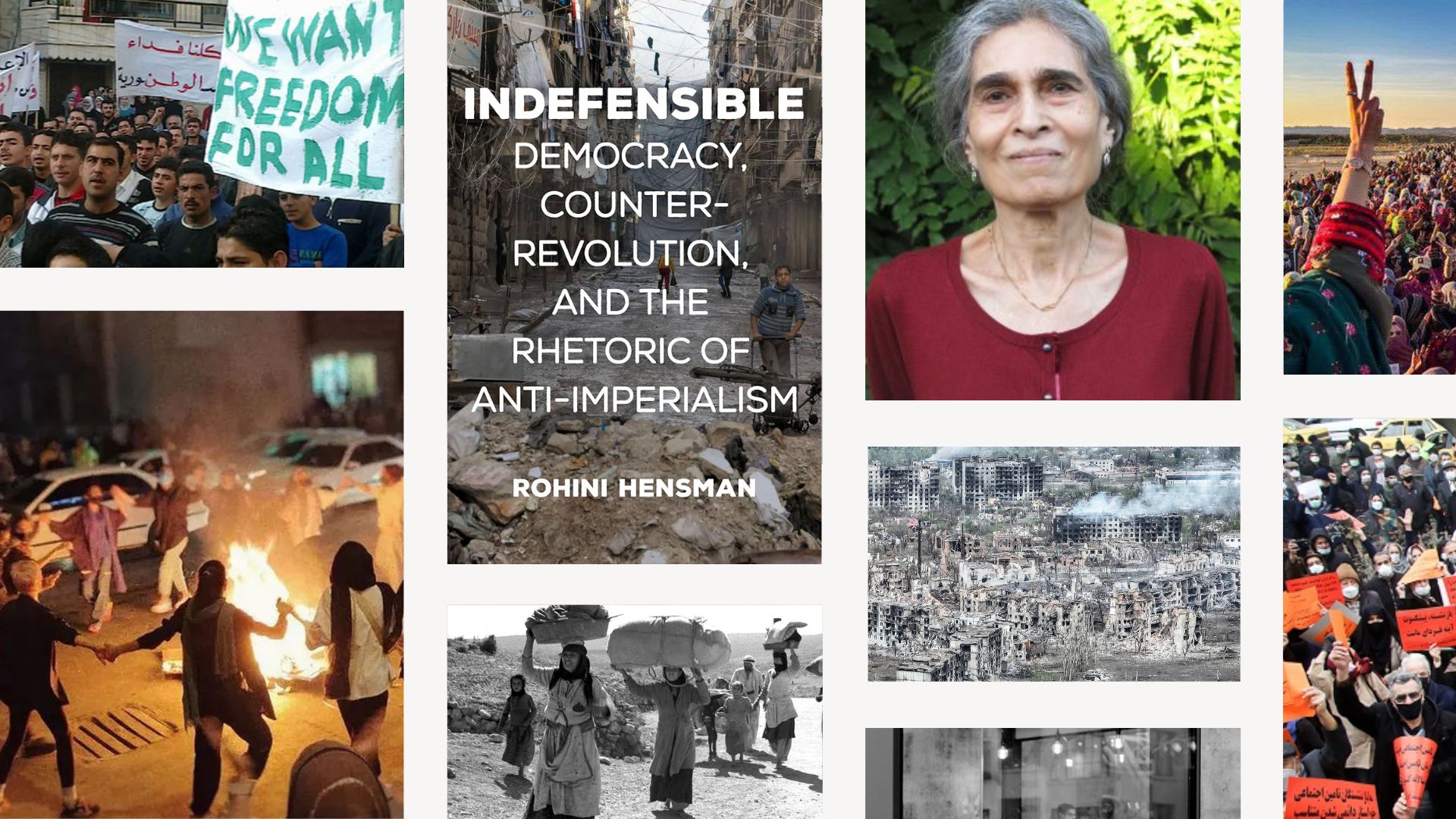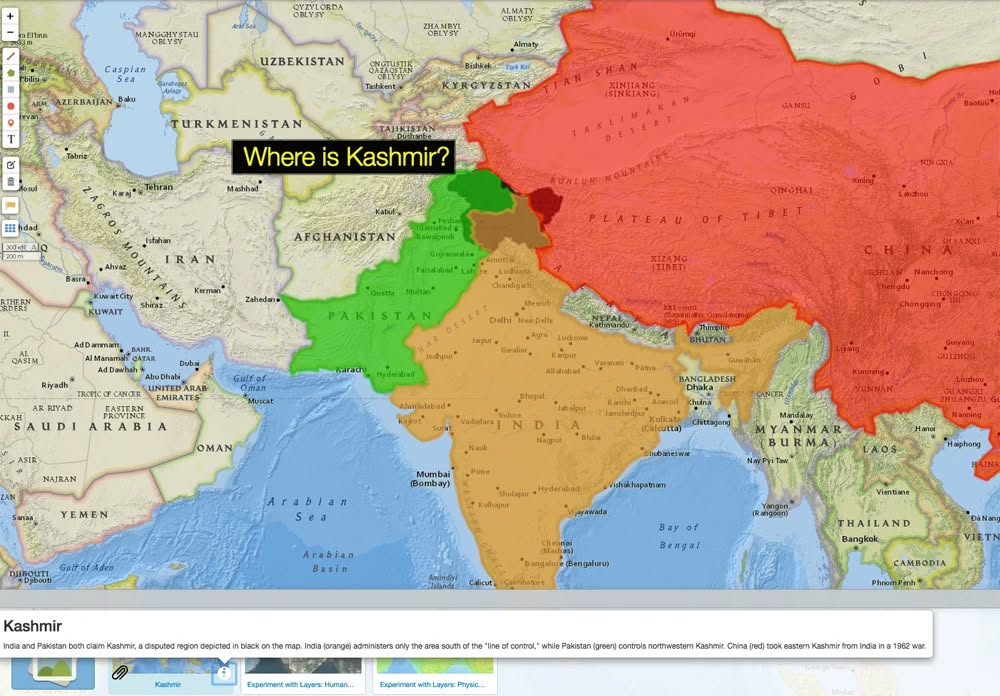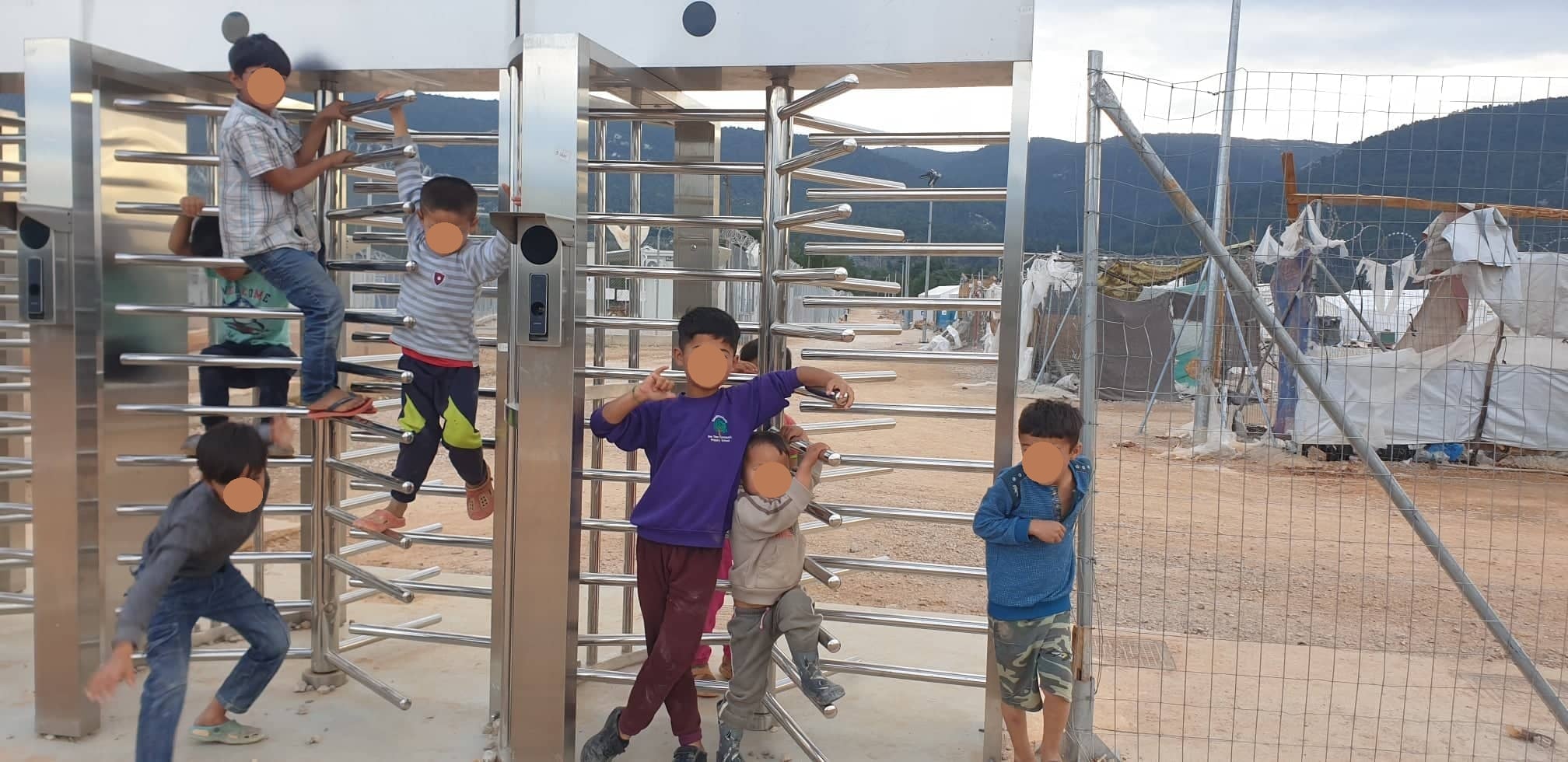Unveiling Iran
Culture, Politics, and People
The spirit of the Iranian people remains strong. They continue to fight for their rights, culture, and place in the world.

Women
Women are the backbone of society, driving change and progress. Fight for equality and freedom demonstrate strength and resilience, shaping a better future for everyone.
View →
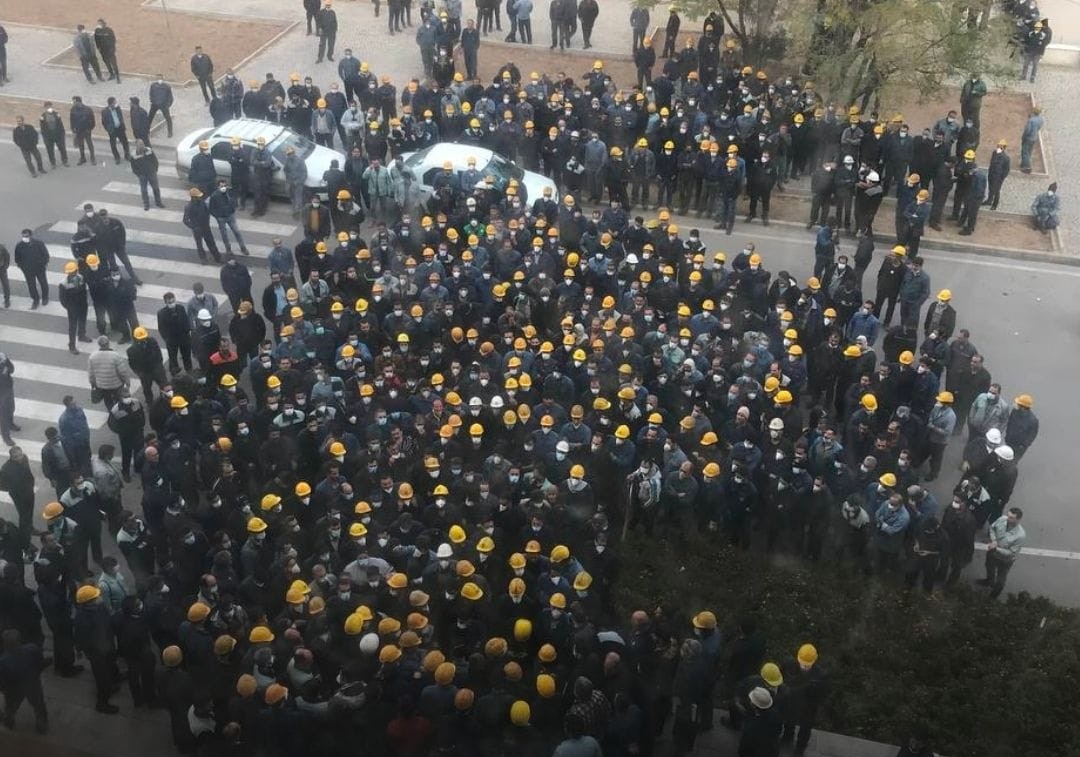
Labour
The ongoing worker movement for rights and fair conditions is vital for socio-political change. This struggle is essential for creating a just society where everyone can thrive and succeed.
View →
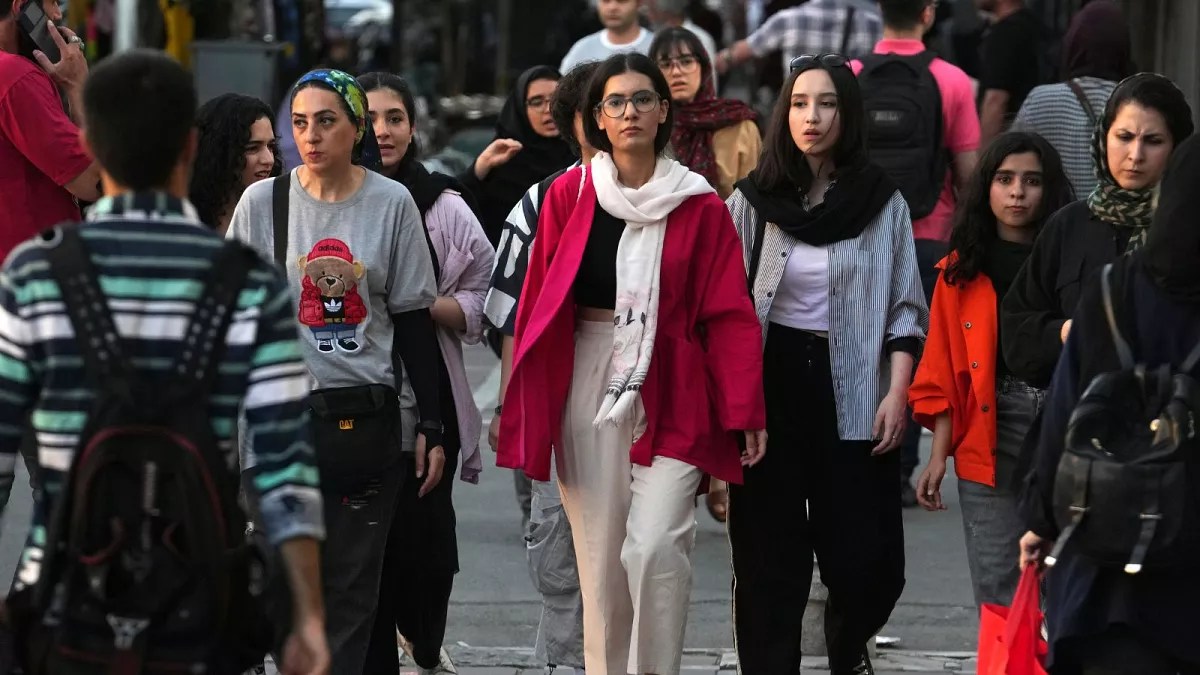
Society
Iranian society is diverse and vibrant, blending ancient traditions with modern influences. Despite challenges, the people’s resilience and rich cultural heritage continue to inspire and endure through time.
View →

History
Iran’s modern history is marked by significant events: the 1979 Islamic Revolution, the Iran-Iraq War, and ongoing political reforms. These events shape its complex and evolving identity today.
View →
FNT Podcast
Join me every two weeks as we delve into various aspects of socio-political issues, with the goal of cultivating a more profound comprehension of our world. Together, striving to bring lucidity to the complexities of our collective existence.
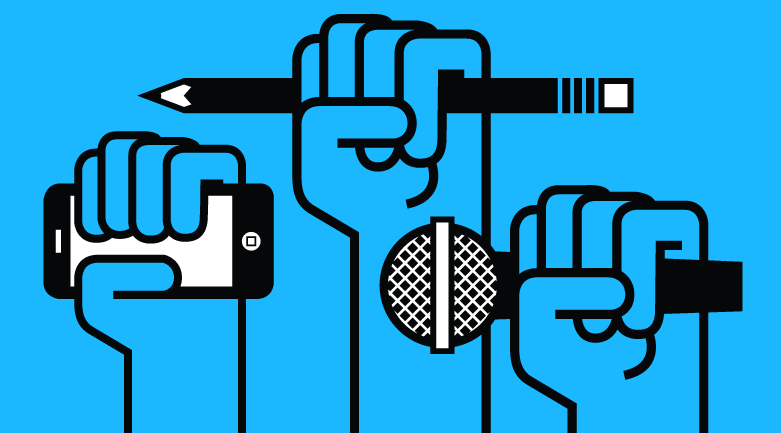
Recent Journal Posts
-
How Iran’s Working Class Fights to Survive: A Political Explanation
Kazem Farajollahi’s article, is a powerful and detailed explanation of the struggles that Iranian workers face today. It was published on International Workers’ Day, a date that has special meaning for labor movements around the world. The article begins with a dedication to two women workers, Reyhaneh and Sharifeh, who, according to the author, have fought honestly and independently for the freedom and happiness of the working class. It is also dedicated to all the workers who have been arrested or jailed for defending labor rights in Iran.
-
A Theology of Rebellion: A Muslim Woman’s Revolt from Within
What happens when a Muslim woman says no to the forced hijab? What if that woman is not a secular activist or a Western journalist, but a religious scholar, a poet, and a former member of the Iranian Islamic parliament? This article introduces a Persian-language book by Sedigheh Vasmaghi, a theologian, poet, and former Iranian parliamentarian who publicly removed her hijab in protest against the Islamic Republic. Her memoir, Why I Rebelled Against Hijab, is both a personal and political text that speaks from within the Islamic tradition—against the misuse of religion for authoritarian control.
The Fire Next Time by Siyavash Shahabi is licensed under Attribution-NonCommercial-ShareAlike 4.0 International
